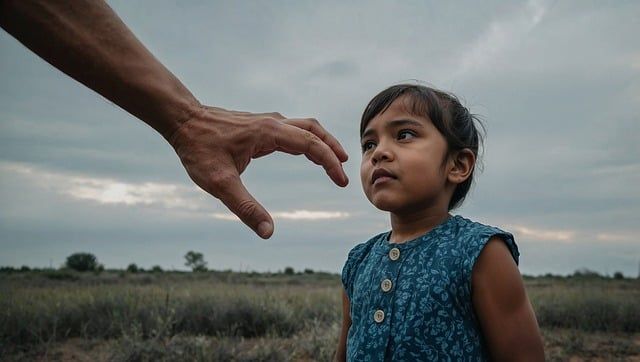
This year, the focus of Child Safety Week, commemorated in mid- to the third week of November, has a simple message: Protected by POCSO. The reference, of course, is to the law on Protection of Children from Sexual Offences Act of 2012 (POCSO Act) that seeks to protect children from sexual abuse, harassment, and pornography. It offers in-camera trials and special courts to victims, and stringent punishments for the convicted; the conviction rate, though, hovers around 34 percent only. While it may not be the perfect legal remedy to address the monstrosity and depravity of child sexual abuse including rape, it is the refuge available to the victims and to those who are working on this difficult issue across India.
Child sexual abuse is a worldwide problem but becomes more severe in India where caste, class, geography and the natal home often place children in extremely vulnerable situations, exposing them to risks sometimes within families and homes, and there exists a culture of silence around the issue. The rural-urban divide is of little meaning here. India is home to nearly 20% of the world’s children and statistics show that nearly one in every two children — more than half its children — has been sexually abused at some time. In a majority of these cases, the perpetrator was a person known to the child or in a position of trust and responsibility.
Addressing child abuse cannot be done by law and the legal architecture alone even if these are sensitive to the interests of the victims. Social and attitudinal changes are equally important in creating a culture in which vulnerability to all forms of abuse, most certainly sexual abuse, is simply not tolerated by the family, school or community structures. A week that focuses on child safety is but one step in this direction.